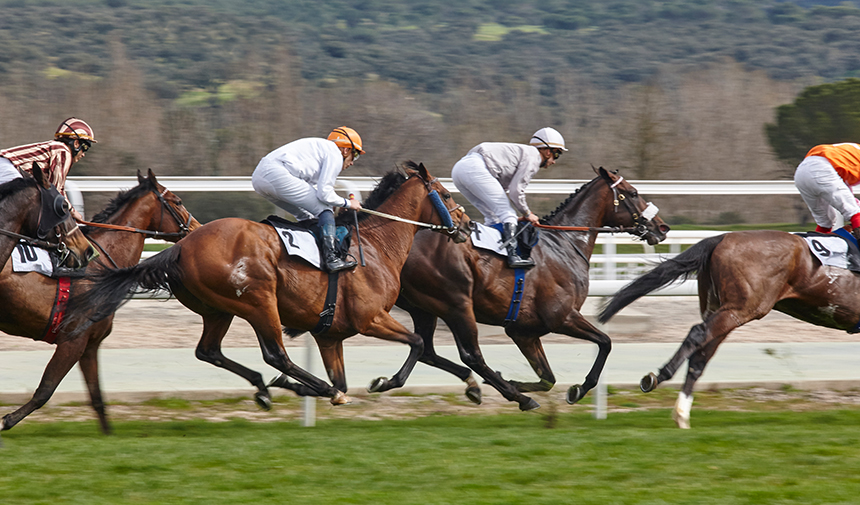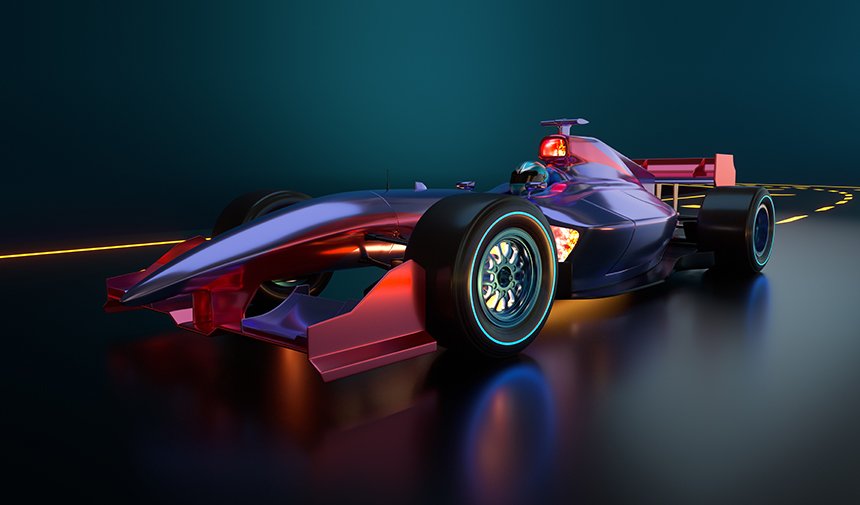Dating back thousands of years, horse racing is intertwined with legends and history. Ever since mankind discovered the power and grace of horses, racing has been a popular event. The origins of horse racing can be traced back to ancient civilizations. In ancient Greece and Rome, horse races were part of religious festivals for the gods. In those times, horses were bred for entertainment purposes as well as being used in warfare. Horse racing emerged as a result of these entertaining competitions and quickly gained popularity.
In the Middle Ages, horse racing became associated with tournaments and the culture of chivalry in Europe. Knights would organize various competitions to showcase the skills of their horses. During this period, horse racing became not only an entertainment but also a social event. However, the basis of modern horse racing began in the late 17th century in England, where horse races were organized to breed and develop horses.
In England, races became a symbol of high status and were often popular among the nobility. In the mid-18th century, Newmarket and other hippodromes were built for horse racing and it was during this period that modern horse racing rules were established. Many of these rules are still valid today. In particular, races such as the English Derby and the St. Leger form the basis of horse racing.
Over time, the popularity of horse racing spread to other regions and became a major phenomenon in the United States. Races like the Kentucky Derby are cornerstones of American horse racing culture and attract attention from around the world.
Today, horse racing is still an exciting sporting event. With the development of technology, watching and betting on races has become more accessible. Furthermore, horse racing has not only remained a sporting event, but has also become an industry. Many sectors such as breeding, education, sales and tourism benefit from the economic impact of horse racing.
Horse racing is part of a journey from legends to modern sport. Admired and participated in by people for thousands of years, it is still of great interest around the world and the horse racing industry continues to be an important economic driver.



